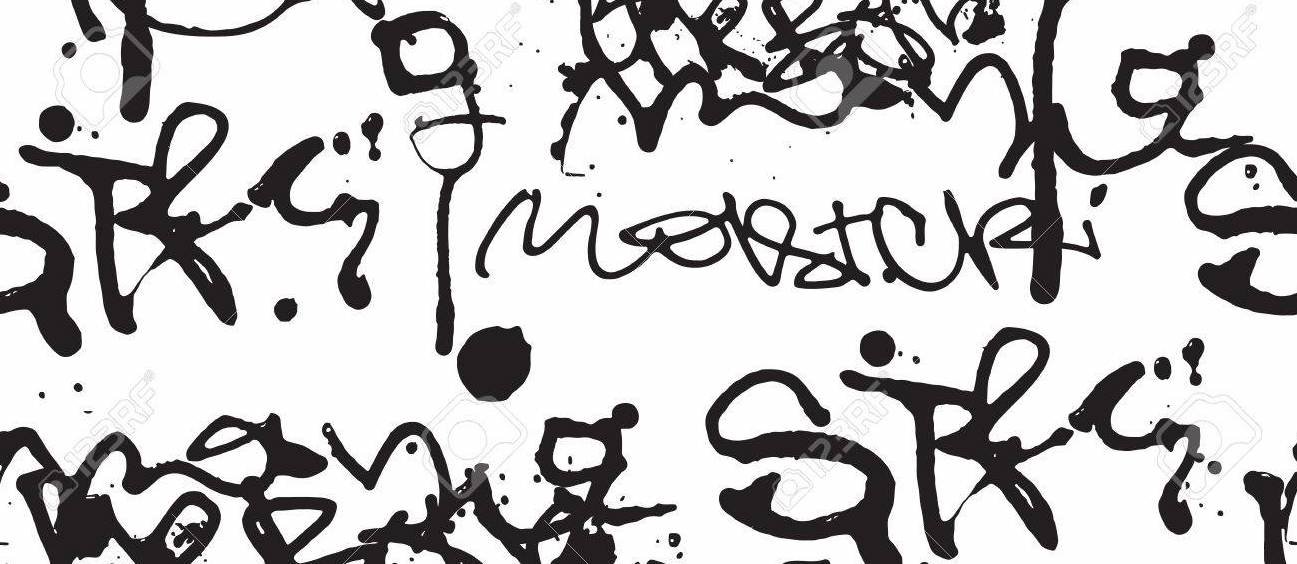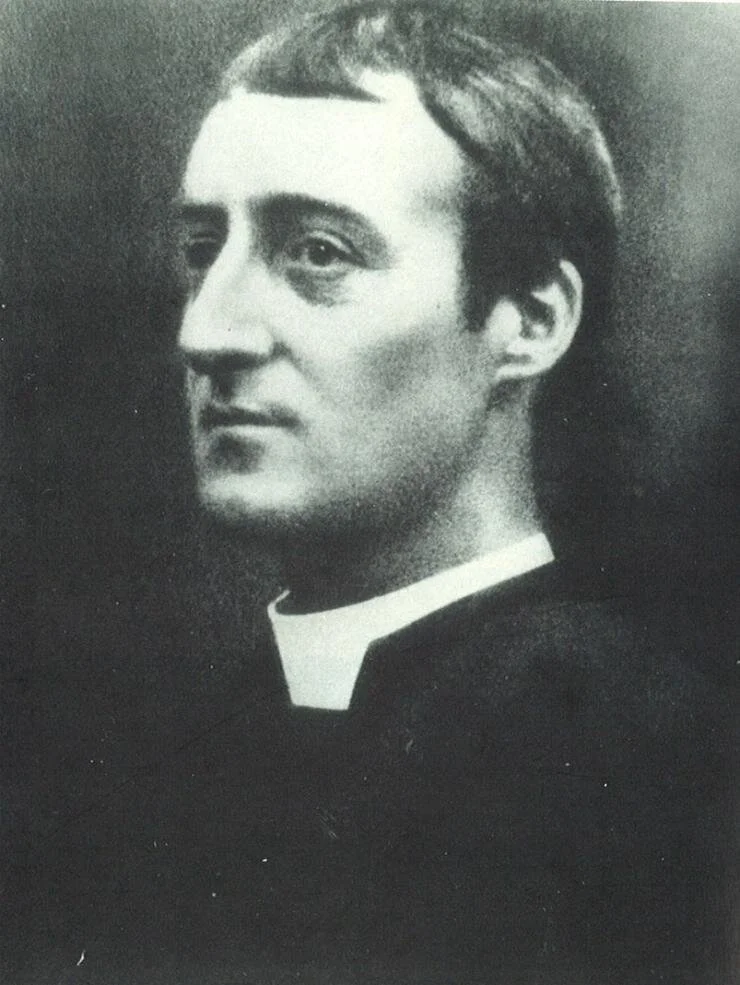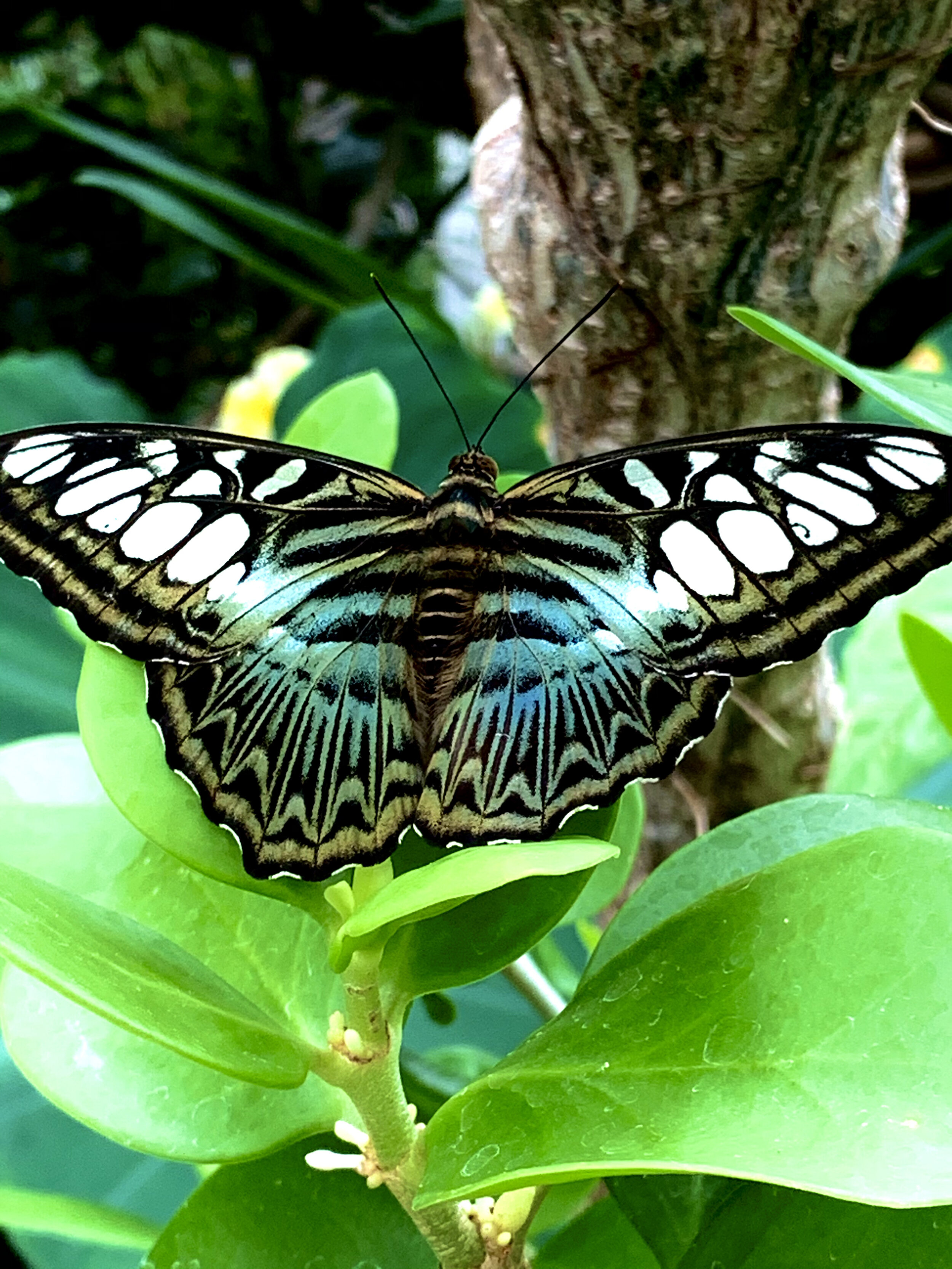
Deep Down Things
Nicodemus, Doug Weaver
Pentecost 2012 issue.

Is It Reactionary to Seek the Good Life?
Fellow reactionaries will love Michael Warren Davis’ most recent book.

Friday Links, November 26, 2021
+ Angela Alaimo O’Donnell talks back to Dante
+ Anthony Domestico critiques the first-ever biography of Elizabeth Hardwick
+ Aarik Danielsen reviews a work of graphic nonfiction about American loneliness.

Jacopone da Todi - The Poet With a Cause
What makes the soul of a poet? Perhaps one of the translators of Jacopone’s poems Serge Hughes puts it best in his introductory remarks to the translated texts Poetry, he claims, combines, “music, images, and conviction” to create a new appreciation for what most of us take for granted.

Creativity Knows No Age
This young pastor, who teasingly called Ruth Grandmother, fed her soul and gave her hope that culture, beauty, and real FAITH were stronger than death. He honored her worth with conversation and songs and poetry. She responded in kind across generational lines that evaporated into thin air by the warmth of their deep and abiding love and respect.

Taking (and Making) Stock of Criticism Today
The slant and gravity of cultural criticism in our age of overproduction and overconsumption tugs irresistibly at individual works of criticism, urging them to conform to the spirit of the age. What this looks like, mostly, is criticism that ends up as uniform and bland as canned soup.

Friday Links, November 12, 2021
+ James Matthew Wilson announces the first annual Summer Writers Institute.
+ Natalie Merchant sings old poems to life.
+ Can signing your name to a graffiti-ed wall affirm your enrollment in the communion of saints?
+ What do you think? Is Sally Rooney this generation’s greatest Catholic novelist?

Gerard Manley Hopkins and the Terror of Faith-filled Doubt
It is frightening to question if the God you thought you knew turned out to be more terrible—in the fullest, awe-ful sense—than you’d imagined.

Death, Hope, and the Paris Morgue
Every story, every narrative worth its salt goes back to the primal trauma of the Fall and our deep longing for the glory—glory only accessible to us through the Cross. Novels need not always visit the Paris Morgue, but the reality of death and how we deal with it remains a critical piece of the human narrative.

You Never Enter the Same Paragraph Twice
After our meeting, I asked myself, Yeah, what was I thinking when I wrote that? After all, it has been nearly two years since I wrote it. I can’t remember if it was one of those lines I perseverated on or one of those lines God gently placed in my mind like a feather. They say you never enter the same paragraph twice. Although I don’t know what I was thinking at the time, I can tell you what “holiness in the in-between” means to me today.

Friday Links, November 5, 2021
+ James Matthew Wilson podcast interview at Deep Down Things, the podcast (not us)
+ Kerry McCarthy, Early Music singer and biographer of Renaissance composers Byrd and Tallis, is interviewed about the traditional choir schools put down by the Reformation.
+ Word on Fire reminds us that “Momento Mori” is a Catholic thing.
+ In time for Christmas giving, a chance to order artwork by Daniel Mitsui and get a free Momento Mori giclée print you might keep for your own contemplation of the Four Last Things.

Europe in These Times: The Third Man
Taking a ride on the ferris wheel made famous in Graham Greene’s The Third Man

Friday Links, October 29, 2021
+ Dark stuff for Halloween
* An invitation to a ZOOM about vampires, werewolves & serial killers, O My!
* An essay with more about the blood-drinking undead at Catholic World Report
* An EWTN interview with K.V. Turley and Fiorella De Maria about their novel about Bela Lugosi
* An article by Turley about the real horrors lived by Lugosi
* Ghost stories collected by Gerard Manley Hopkins
* Thirst: A Novel: Death of a priest
* The first horror moving picture—in 1896 (it really was scary!)
+ A round-up of print and online essays in DT’s “Symposium on Motherhood and Art”

Ghost Stories with Gerard Manley Hopkins
Ghost stories from the notebooks of Gerard Manley Hopkins. Prepare to be frightened.

The Poetics of John the Baptist
The life and work of the Forerunner, especially as presented in the gospel of John, greatly illuminates the poetic character of Christian life—indeed of all life.

Friday Links, October 22, 2021
+ Workshop on how to make space for the muse.
+ Three poems by a DT associate editor
+ Maybe Catholic fiction is becoming important again?
Image: Caliope, the muse of poetry and eloquence, holding the Odyssey (c. 1634). By Simon Vouet and workshop. At the National Gallery of Art, Washington DC. This work is in the public domain (wikimedia.org).

Creative Flow
I have birthed five babies and adopted two. We lived in a quirky, two-family flat converted into a house. I lost whole years of sleep, felt quite brain dead at times, and was convinced that I would never again read anything beyond endless loops of Peter Rabbit for the rest of my life. My coffee was cold. Poetry simply did not exist. Paris was only a dream within a dream. I listened to the nay-sayers and felt I had no other choice. I bid farewell to creativity and released it to more worthy souls than I. I assumed it flew. But it merely went dormant.

How Motherhood Transformed My Vocation as an Artist
Beauty and children both call for sacrifice. If we lay the sacrifices of time, money, and pride before God, he will return these sacrifices to us and to our spouses in the form of gifts.

Jen Fulwiler - People told me I wouldn’t be able to do this
Jen Fulwiler explains how she was discouraged from public speaking and practicing the art of comedy because she’s a mother. In fact, her children were far more valuable to the creative process than she ever would have predicted.

Motherhood and Creativity - A Symposium
Our symposium contributors practice a diversity of arts. They are poets, essayists, actresses, visual artists, comedy writers, fictionists. Several speak openly of how their art and their maternity nurture one another. Where there is tension, it typically grows from popular misperception or from pressures common to all artists, not from any intrinsic opposition. The relation between the two aspects of character is, to use the phrase from poet Laura Reece Hogan that I’ve chosen as a title in the print edition, “more organic than it may appear.”

Friday Links, October 15, 2021
+ Poet Dana Gioia talks about the strange, dark life of poet Edwin Arlington Robinson.
+ Architect Duncan Stroik talks about how when we design and fund beautiful buildings for the poor, we do them for Christ.
+ Michael O’Brien writes an Open Letter to Fellow Writers and Artists.
+ Fr. Michael Rennier writes about five recent books he wants to read.
